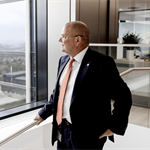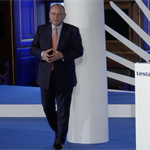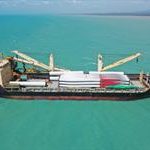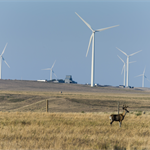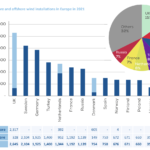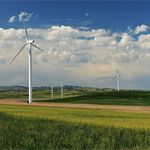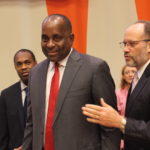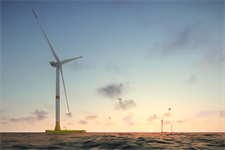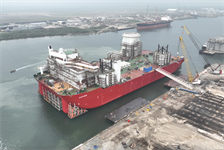Vestas CEO: Slow progress is ‘frustrating’
Energy Disrupter

Following Russia’s invasion of Ukraine, more renewables capacity is needed quickly but new orders for turbines have been slowed by delays in permitting in Europe and uncertainties on pricing in Asia, said Andersen.
‘Make it happen on permitting’
Despite the energy crisis in the EU and expanded target-setting for renewables moving from the bloc to the country level, permissions were coming too slowly, Andersen said.
He wants to “encourage larger countries not only to have a declaration and policy, but to make it happen in departments for permitting”.
In Asia, high power prices might favour orders, but in practice the power market volatility has resulted in uncertainties on offtake pricing, he added.
Talking about buyers who had been “caught” with old power purchase agreements (PPAs) as the basis of their projects, he appeared to suggest that the company might investigate combined financing, by “working with new PPAs as well as old” to get projects built.
Now read: Vestas losses pull back in Q2
Andersen was cautious about celebrating record low bids in the UK’s most recent contracts for difference (CfD) auction, and said it was the “wrong way to look at it”.
Price discipline
The company needed the “right level of value creation”, and would participate in projects “where pricing and localisation plays in our favour”.
He said the company would “remain disciplined on pricing and encourage other people to do the same”.
Noting that “the world almost came to a complete stop in Q2” because of Russia’s invasion of Ukraine, he added: “We are not through that yet”. He expects disruption to continue throughout 2022.
‘Uncertainties’
Andersen said the period was already back-end loaded, with “too many uncertainties to give guidance” for the coming periods.
Orders don not depend on pricing, but in the next two quarters the question will be: “can you get delivery of raw materials and components, and can you get them into factories?”, he said.
Andersen does not expect the bottleneck in vessels for shipping to be alleviated this year.


